
T1's Lee "Faker" Sang-hyeok once again asserted his title as the "Immortal Demon King" after winning the League of Legends World Championship. This is his sixth time, and third consecutive time, winning the tournament.
Faker’s name is associated with 13 years of excellent competition, contributing to shaping the entire world of e- sports . Unlike other players, he has been with only one team throughout his career. After more than 1,000 professional matches, the soul and captain of T1 has shown no signs of slowing down as the contract between the two sides is valid until 2029.
League of Legends history changed by a PC
Before League of Legends , South Korea emerged as one of the first countries to be interested in eSports. StarCraft and WarCraft were played in this country, supported by professional organizations. The PC Bang system (Internet cafes) with high-speed connection was the cradle of legends like Faker.
The T1 player started playing Tekken and King of Fighters in internet cafes near his home. When League of Legends debuted, he quickly rose up the rankings with the nickname GoJeonPa. At this time, many teams contacted this player. KT approached him first, but they were hesitant to put their trust in the high school age player.
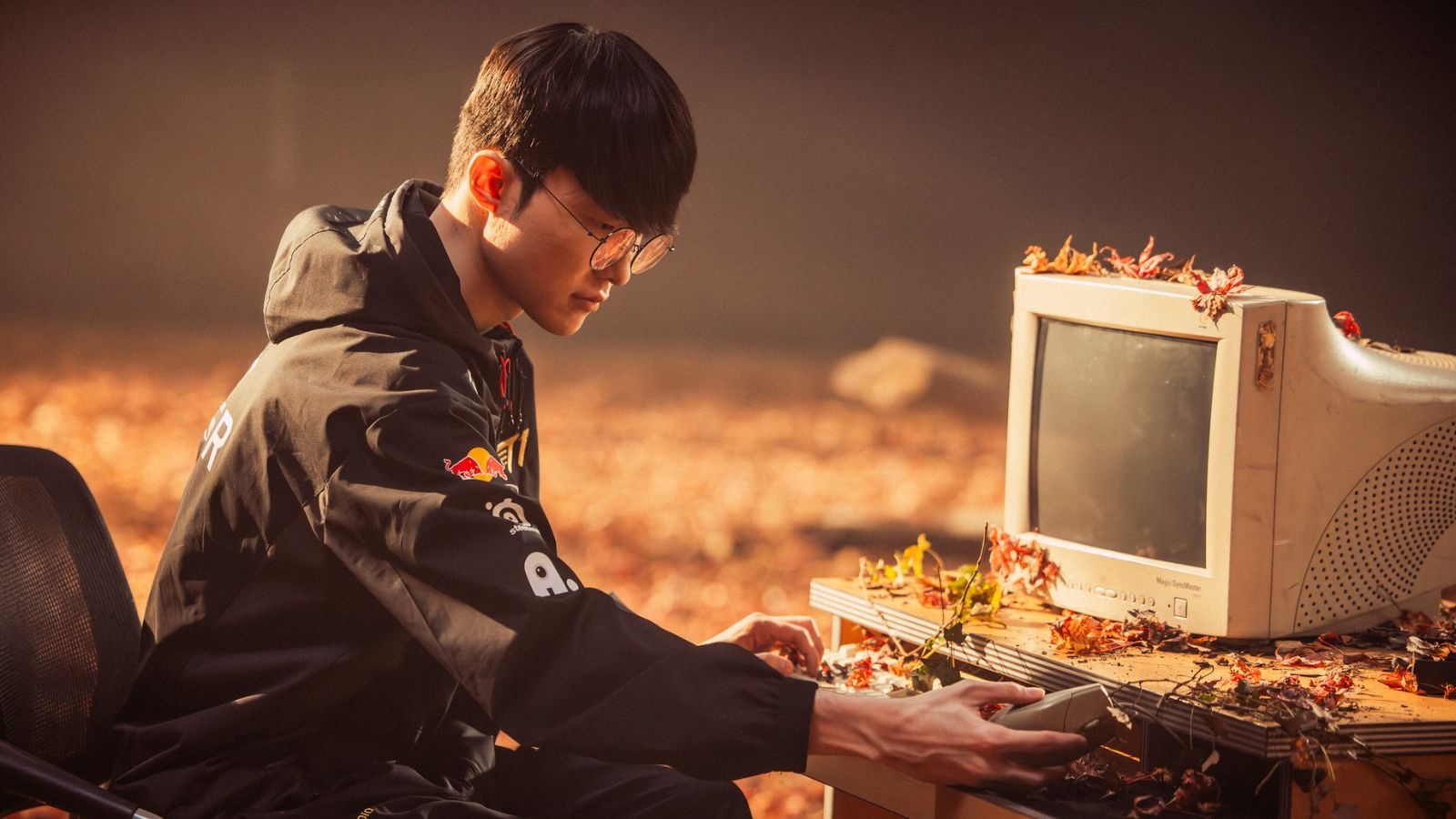 |
Faker's career began with the story of Kkoma's PC. Photo: Lol Esports. |
At the time, SKT was building its League of Legends team. The responsibility fell to Kkoma, a former StarCraft player. The coach approached Faker and gave him his first professional contract request: a PC to practice on. This simple decision changed the history of esports.
South Korea's rise to eSports powerhouse status is not a matter of luck. "Prodigies" like Faker are nurtured by professional organizations and backed by leading companies. From the very first day of the game, SKT, KT (the two largest telecommunications networks), Samsung, and Azubu have spared no expense in investing.
In addition to legends like Faker, many other generations of gamers have helped Korea dominate a series of sports. This industry currently has not only the participation of technology companies, but also the contribution of insurance brands like Hanwha Life or culture (CGV).
In Korea, Faker is ranked alongside footballer Son Heung-min, athlete Kim Yu-na, boy band BTS or director Bong Joon-ho. These individuals are considered "national treasures" of this country.
Dominate as a rookie
Faker's career began with his debut in 2013, at the age of 17. SK Telecom T1 2 (later renamed SK Telecom T1 K) quickly rose through the ranks. In his first professional match, Faker made his mark with a solo kill under the opponent's tower against Kang "Ambition" Chan-yong, then one of the top mid-laners in Korea.
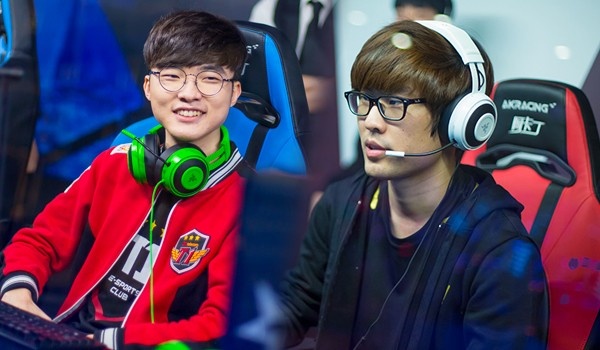 |
Rookie Faker solo-killed Korea's top mid laner. Photo: IvenGlobal. |
From the very first tournament, Faker’s individual skills were at a top level. His stats such as gold per minute and kill participation surpassed many veteran players. Although his team stopped in the semi-finals of the 2013 Champions Spring, they still won a ticket to the World Championship (CKTG).
His ability to survive seemingly hopeless situations and his miraculous plays have become the hallmarks of Faker. To this day, one of his most iconic moments is still the legendary Zed vs Zed solo kill with Ryu, which is considered the definition of “peak skill” and led his team to the championship.
In 2015, due to Riot’s ban on multiple rosters, SKT’s two teams merged. The new roster paired Faker with his friend Bae “Bengi” Seong-woong and three new players, and quickly found success.
At the 2015 World Championship, SKT T1 showed devastating form, almost unrivaled in their journey to the final in Berlin. Here, the team had a convincing 3-1 victory over another representative from Korea, KOO Tigers.
Faker’s team continued to dominate the domestic league in 2016 and advanced to Worlds to defend their title. In the finals, they faced Samsung Galaxy, who had defeated them in 2014. After a thrilling Best of 5 series, SKT won once again, making Faker and Bengi a three-time world champion duo.
Crying in the middle of the Bird's Nest Stadium
In 2017, SKT T1 experienced many changes in its lineup. Some players left, including Bengi, considered Faker’s “right-hand man”. However, the “Immortal Demon King”’s skills remained steady, and many viewers commented that he was SKT’s last line of defense.
At CKTG 2017, SKT T1 once again faced Samsung Galaxy in the fateful rematch of the finals. But this time they suffered a bitter defeat 0-3. In the moment of defeat, Faker burst into tears on stage. This was the first time the audience saw that the Demon King could be defeated.
Faker burst into tears after the 2017 World Championship. Photo: Riot Games. |
The following years were considered the dark ages of the Demon King. SKT finished 7th in the LCK Summer and missed out on the 2018 World Championship. That year’s tournament was held in Korea, making the “home court curse” come true once again.
The organization then rebranded, changing its name from SKT T1 to T1, and recruiting more young talent. With Faker remaining on the team, the future seemed bright, until T1 suffered a bitter 0-3 defeat to Gen.G in the 2020 Regional Qualifiers, once again missing out on Worlds.
The collapse of the SKT/T1 dynasty was also the time when Korean League of Legends watched its Chinese rivals rise. IG and FPX won the championship for two consecutive years. DWG's victory in 2020 kept hope alive but could not extend the domination streak as before.
ZOFGK Renaissance Squad
After a series of failed experiments, T1 brought in a completely new roster in 2022 consisting of Zeus, Oner, Faker, Gumayusi, and Keria. The team showed devastating power by not losing any matches in the Spring Split, and won the runner-up position at both MSI and LCK Summer 2022.
At CKTG 2022, T1 quickly advanced to the finals as a strong candidate, until they suffered a 2-3 defeat against DRX, the underdog team. Faker was stunned, Keria burst into tears, ending their journey to conquer the throne just a few steps away.
Moving into 2023, T1 still kept the legendary lineup, later known to fans as ZOFGK. This period marked an important turning point when the team was almost undefeated in the Spring Split, Faker suffered a wrist injury and had to temporarily stop playing.
However, Faker still recovered in time and led his juniors to the world finals. A convincing 3-0 victory over Weibo Gaming firmly confirmed that Demon King was back, with 4 times holding the trophy.
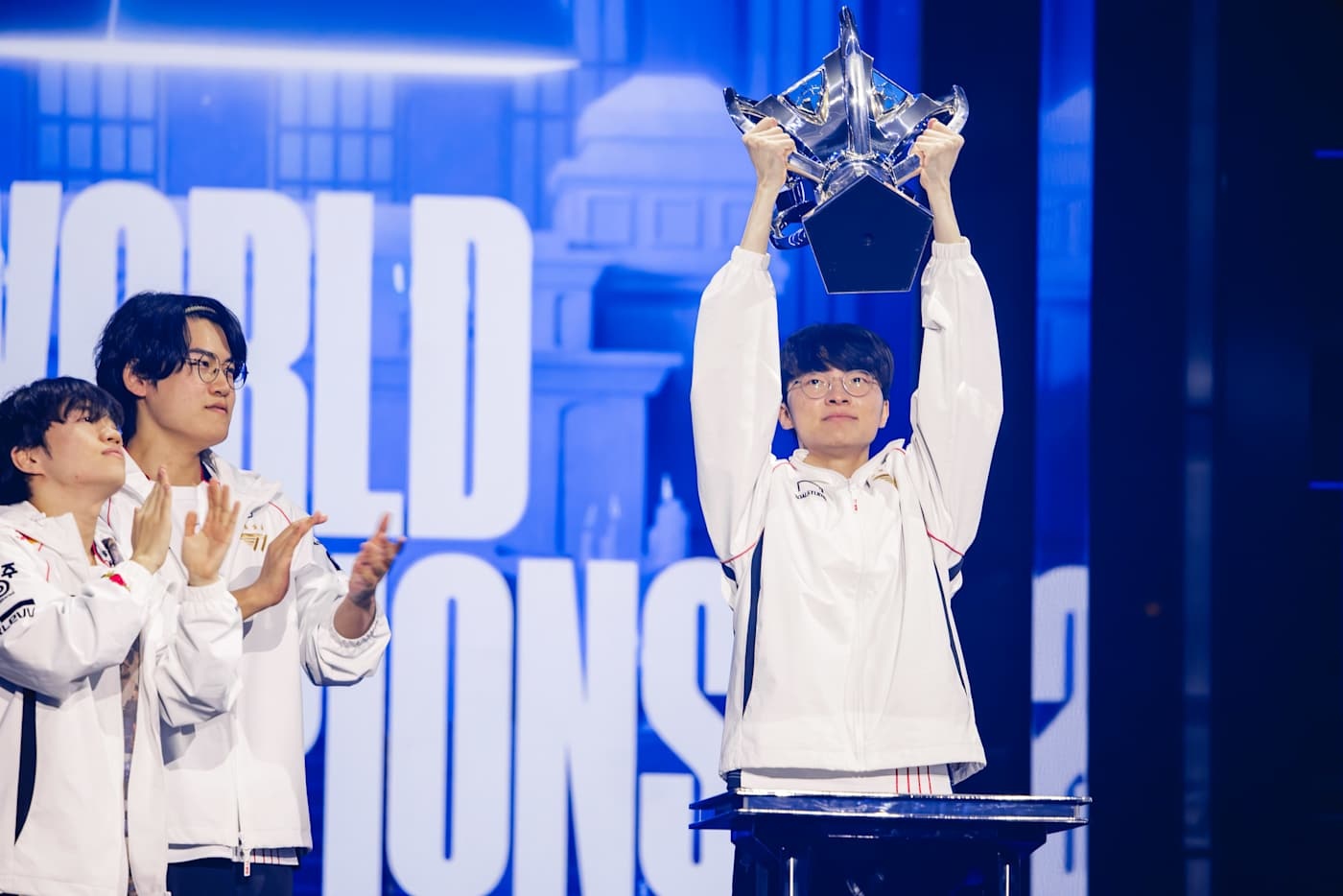 |
T1 team won the championship cup in 2024. Photo: Riot Games. |
In 2024, despite their somewhat inconsistent performance, T1 with their old lineup still entered the World Championship as the 4th seed from Korea. Their opponent, Bilibili Gaming (BLG), proved to be very evenly matched, even dominating when leading 1-2 in the first 3 games. However, Faker, with his performance as Galio beyond expectations, brought the championship to T1, and the MVP title belonged to him.
By 2025, the lineup had changed top laner Zeus with Doran. T1 advanced to the finals with KT, creating a clash between the two largest telecommunications corporations in Korea. History repeated itself when, at the moment of being down 1-2, the world champion kept his fighting spirit and turned the game around.
With his 6th career win, Faker has created a huge gap with those who want to chase him. Winning the gold medal at the 2022 Asian Games helps this player be exempted from compulsory military service, focusing full-time on competition. His contract with T1 is until 2029, meaning at least 4 years of professional competition.
Source: https://znews.vn/faker-quoc-bao-tu-quan-net-cua-han-quoc-post1601828.html


![[Photo] Prime Minister Pham Minh Chinh chairs a meeting on housing policy and the real estate market.](https://vphoto.vietnam.vn/thumb/1200x675/vietnam/resource/IMAGE/2025/11/11/1762838719858_dsc-2107-jpg.webp)



![[Photo] Chu Noodles - the essence of rice and sunshine](https://vphoto.vietnam.vn/thumb/1200x675/vietnam/resource/IMAGE/2025/11/11/1762846220477_ndo_tl_7-jpg.webp)

















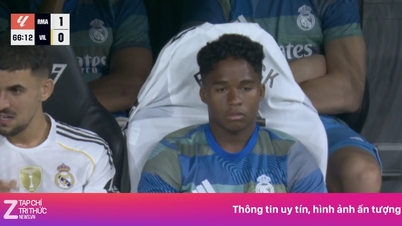


























































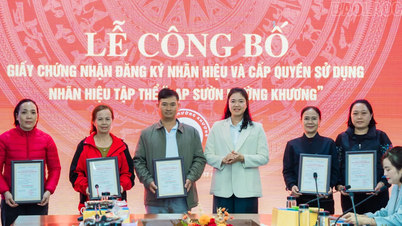









![Dong Nai OCOP transition: [Article 3] Linking tourism with OCOP product consumption](https://vphoto.vietnam.vn/thumb/402x226/vietnam/resource/IMAGE/2025/11/10/1762739199309_1324-2740-7_n-162543_981.jpeg)




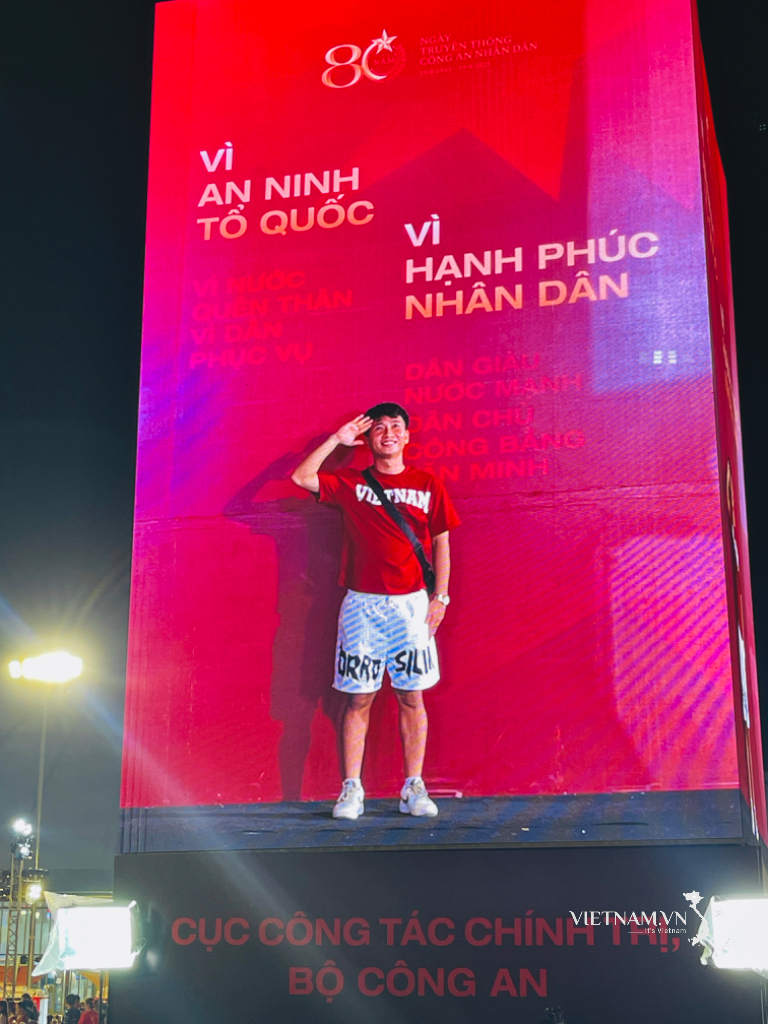



Comment (0)